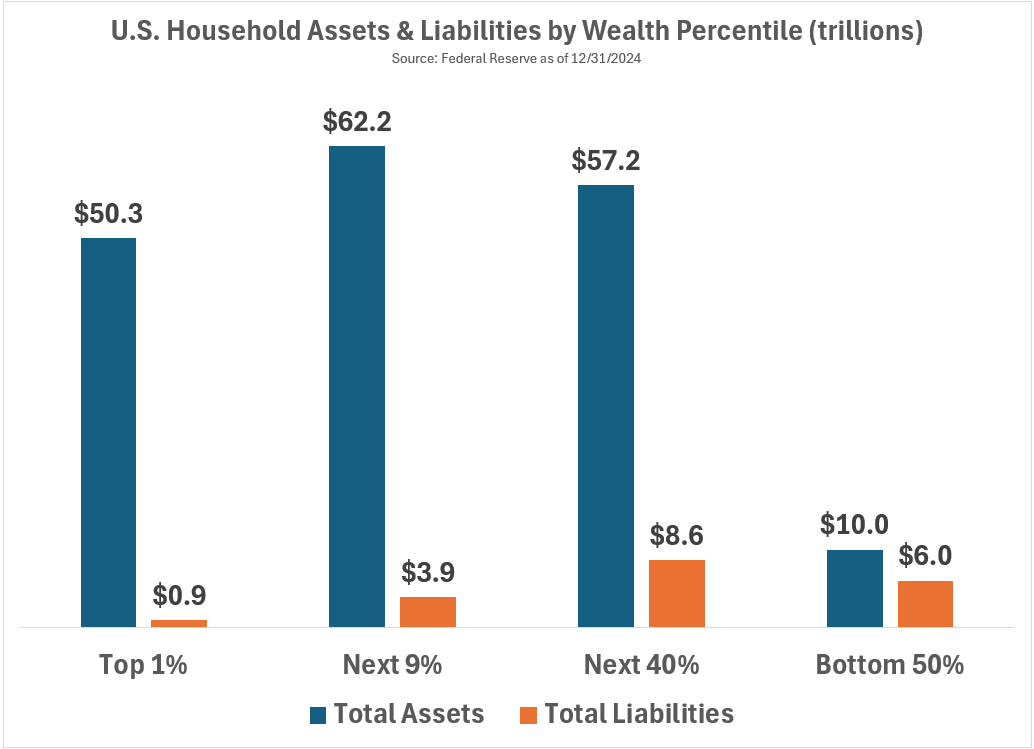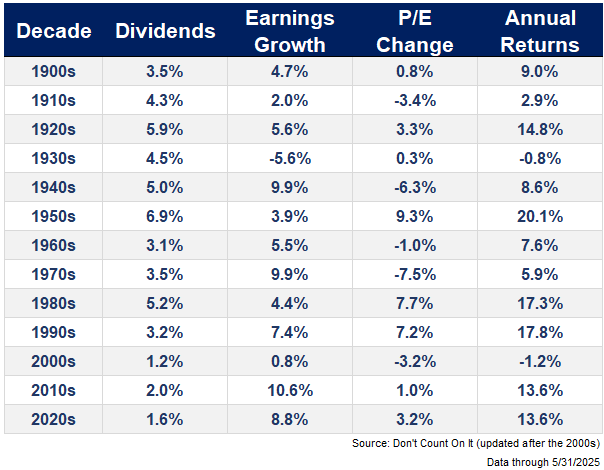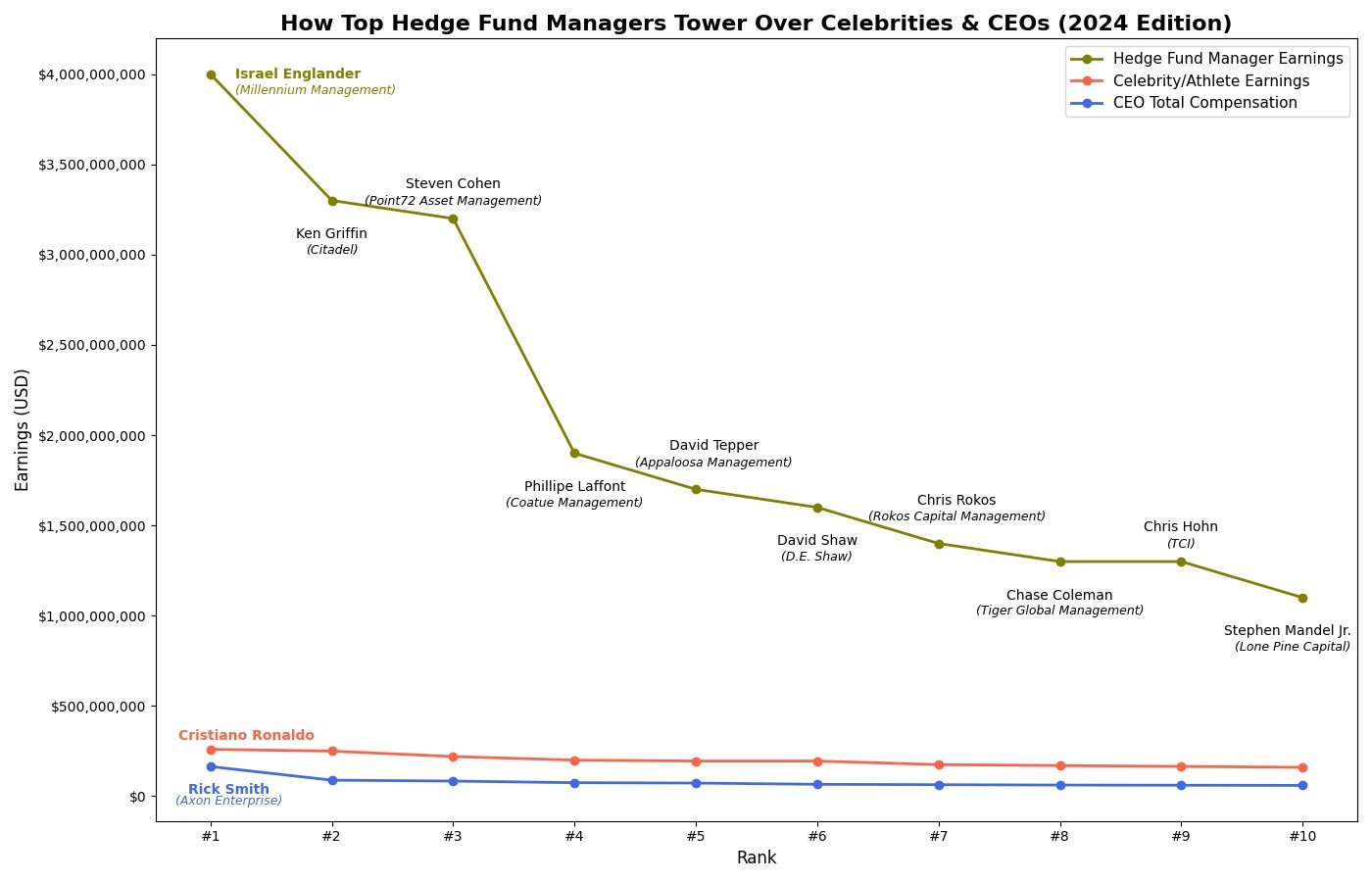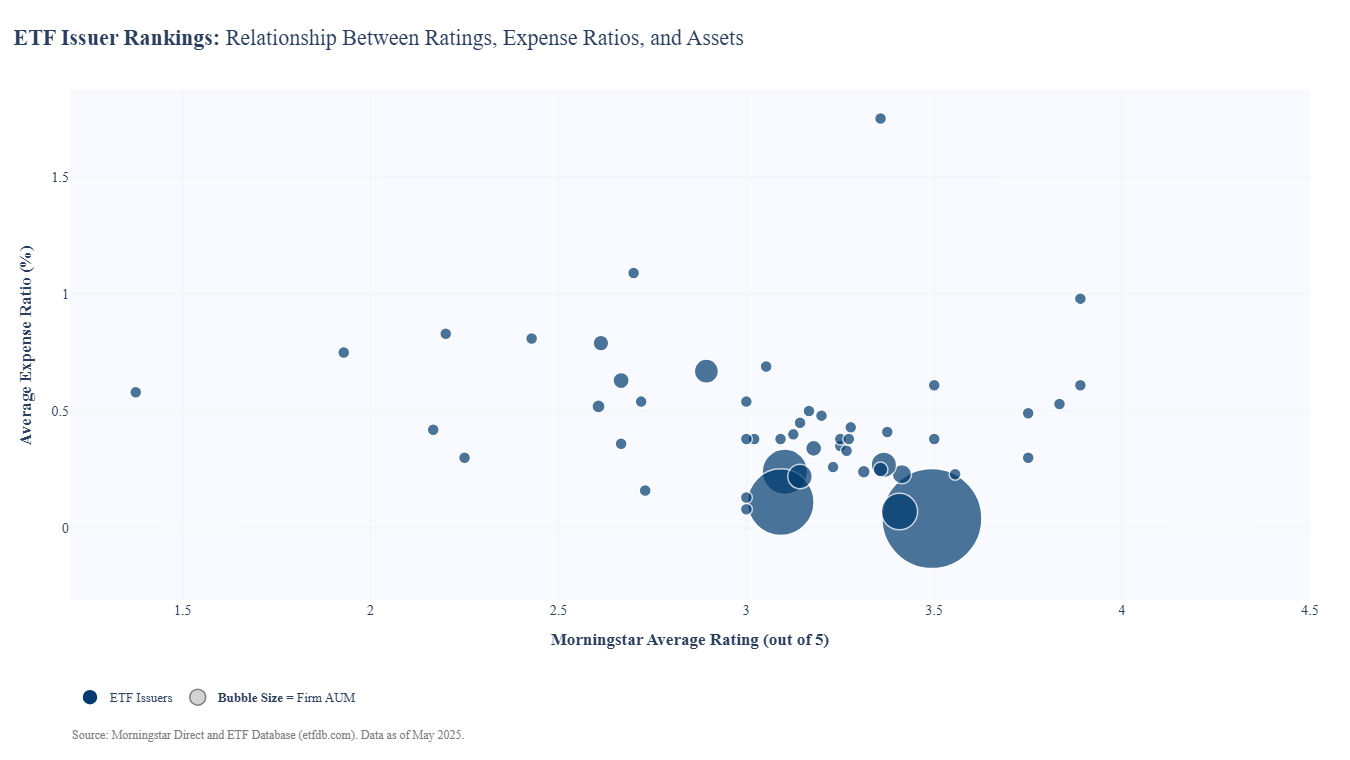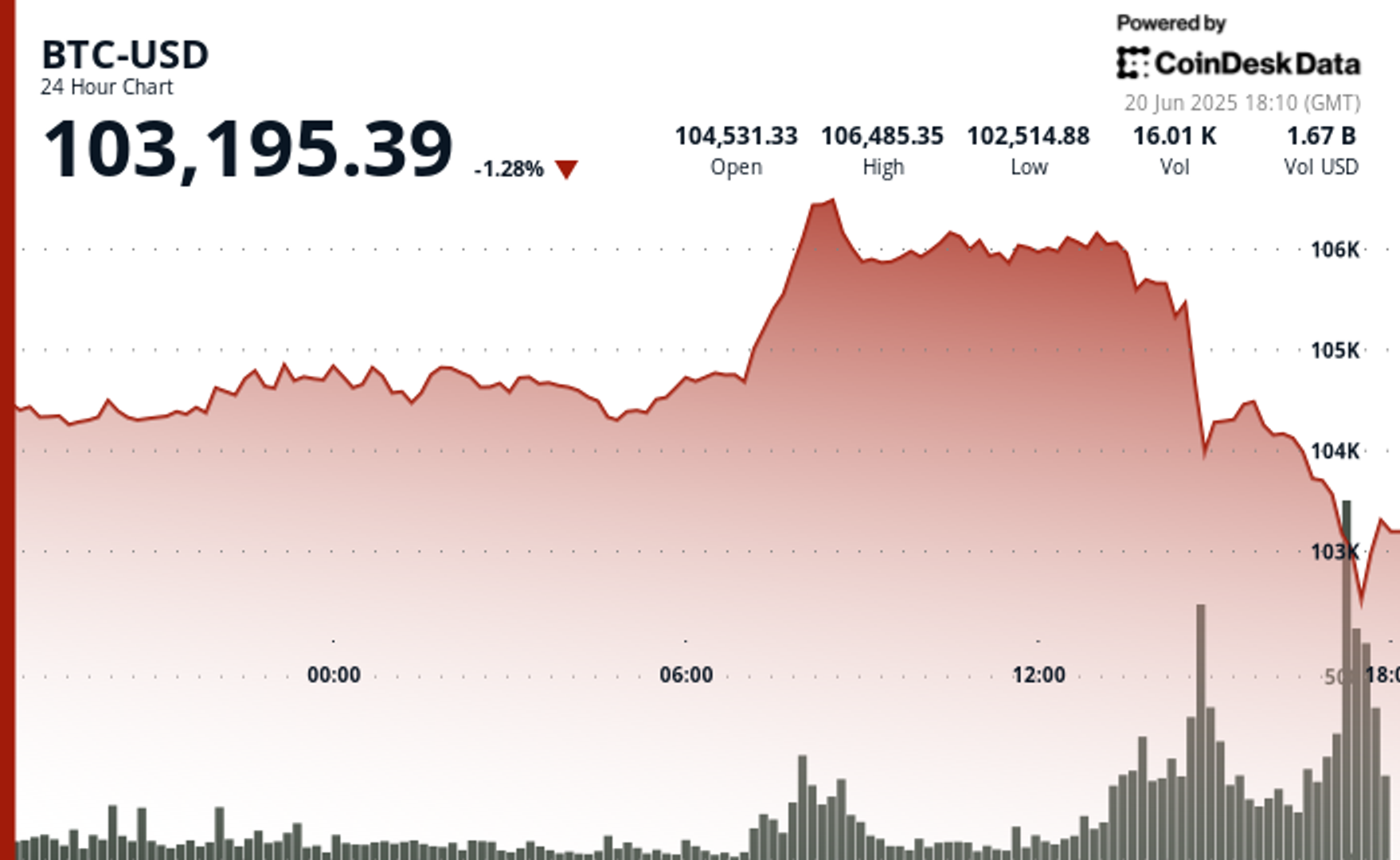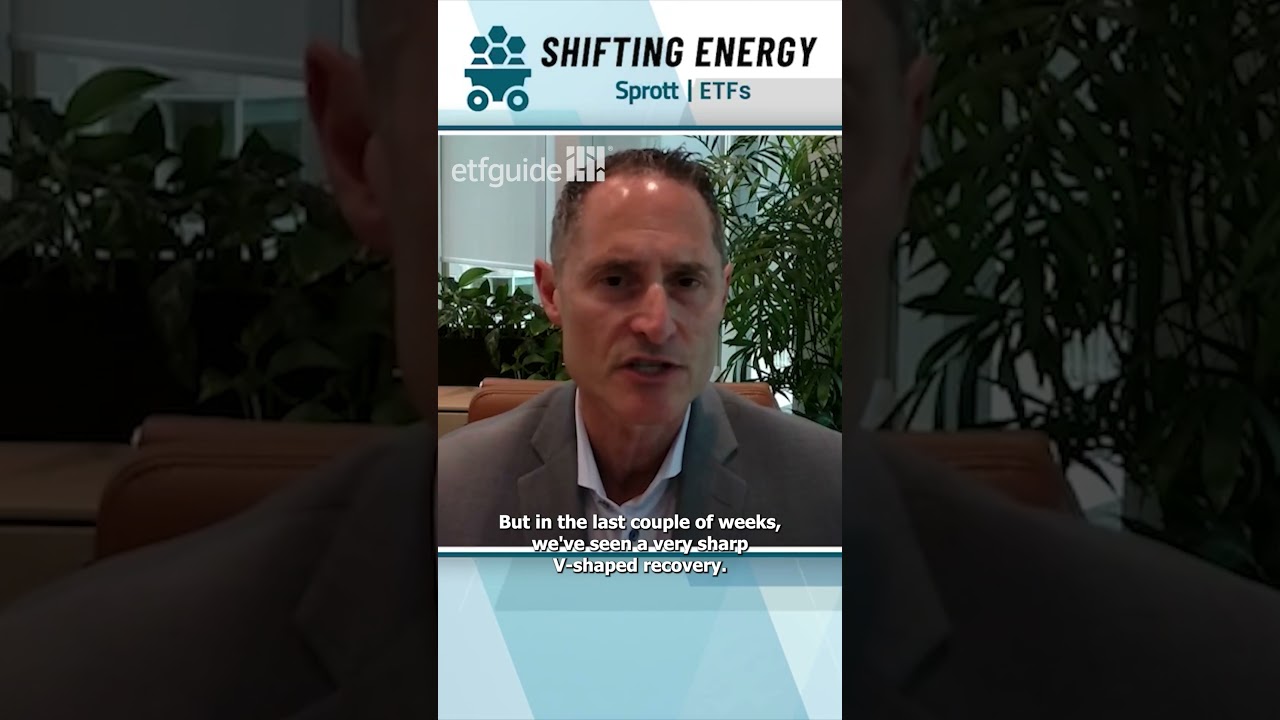3 Dave Ramsey Strategies Smart Investors Pay Attention To
Well-known personal finance expert (and YouTube personality) Dave Ramsey can be what many individuals would call a controversial figure. His decades of experience in counseling individuals and families on their personal finance has provided those who follow his channel with plenty of advice to parse through. I’m of the view that most of Dave Ramsey’s […] The post 3 Dave Ramsey Strategies Smart Investors Pay Attention To appeared first on 24/7 Wall St..
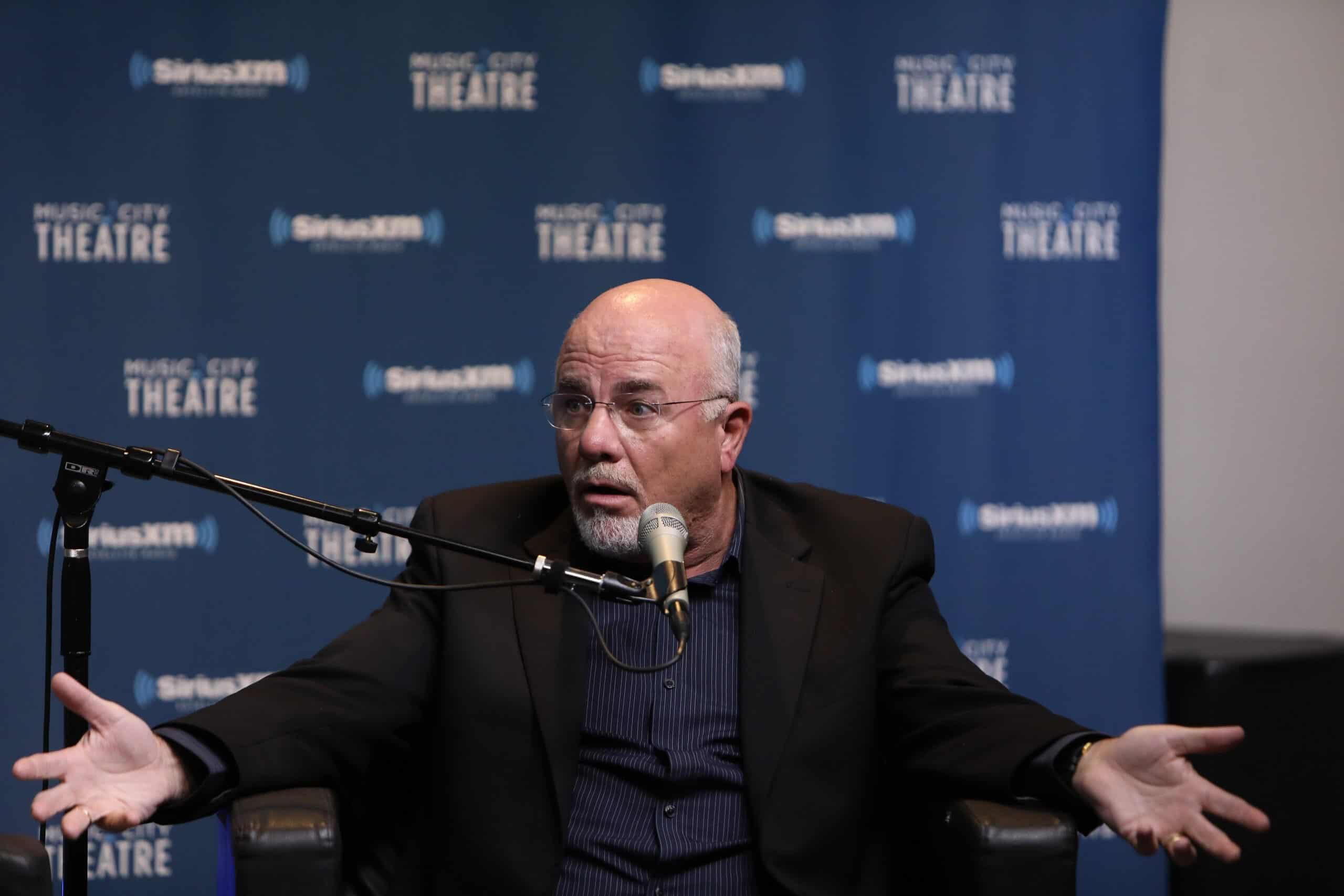
Well-known personal finance expert (and YouTube personality) Dave Ramsey can be what many individuals would call a controversial figure. His decades of experience in counseling individuals and families on their personal finance has provided those who follow his channel with plenty of advice to parse through.
Key Points
-
Dave Ramsey can certainly be considered one of the more divisive personal finance experts out there, but that doesn’t mean that investors should avoid all his advice.
-
Here are three Dave Ramsey investing strategies that every investor may want to pay attention to, especially in today’s macro climate.
-
Are you ahead, or behind on retirement? SmartAsset’s free tool can match you with a financial advisor in minutes to help you answer that today. Each advisor has been carefully vetted, and must act in your best interests. Don’t waste another minute; get started by clicking here.(Sponsor)
I’m of the view that most of Dave Ramsey’s advice is solid. His goal is to help those who are seriously in debt with achieving financial freedom, using what he calls his “7 baby steps.” These include saving for an initial $1,000 emergency fund, paying off all debt using the debt snowball method, funding an emergency fund with 3-6 months of expenses, invest 15% of one’s household income in retirement, save for your kids’ college education, pay off one’s home early, and build wealth and give.
Those steps certainly are simple enough for the average person to understand, and break through some common misconceptions around how to handle debt loads (and especially large ones). But when we look at some of the investing related goals, I thought it would be fun to dive into three Dave Ramsey strategies that may be worth paying attention to, for those looking to get to baby step 7 down the line.
Eliminate Debt First
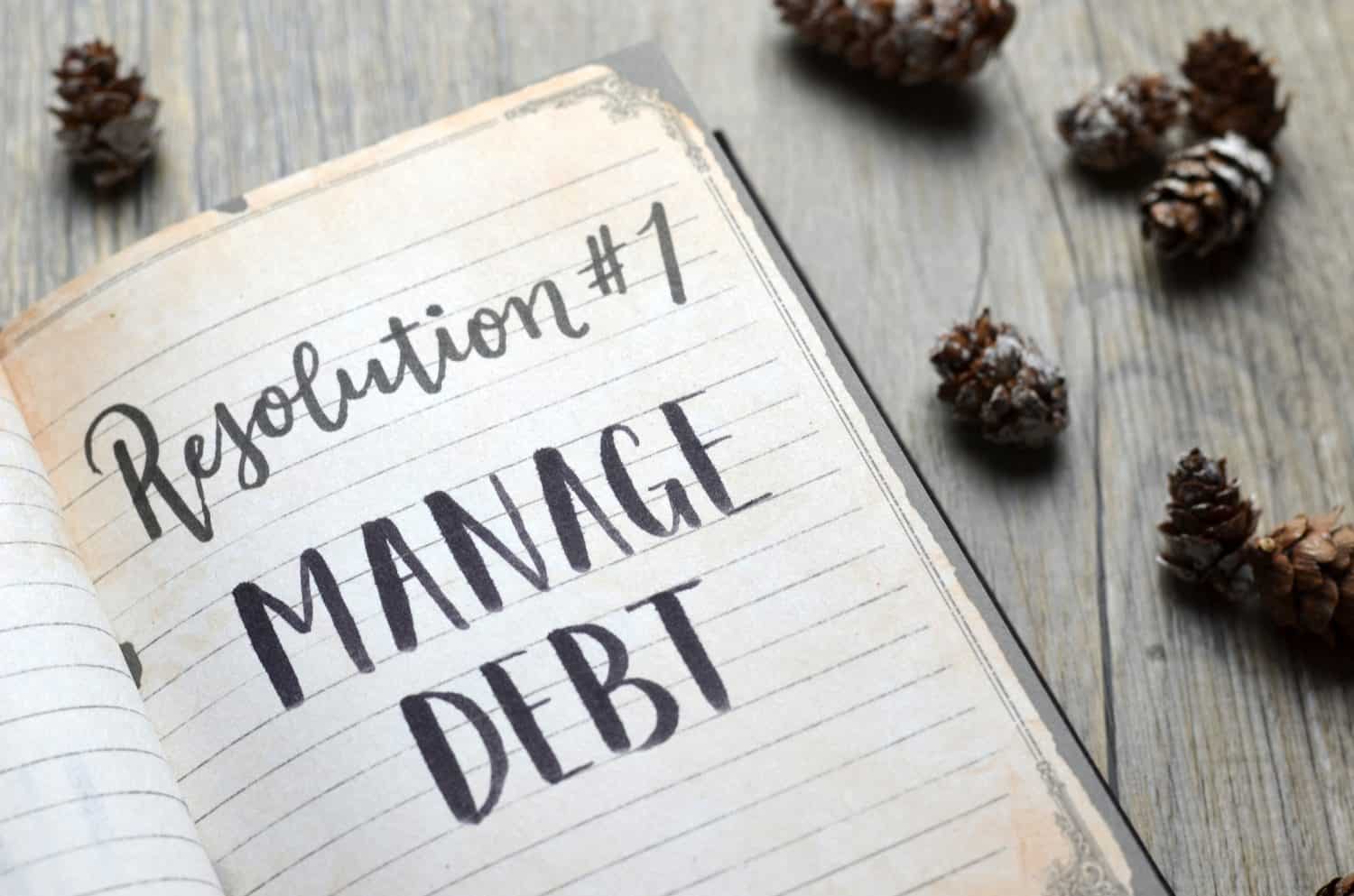
Now, I’m of the view that there’s some debt that can certainly be considered “good debt,” and the fact that Dave Ramsey suggests investing and funding your childrens’ college fund before paying off one’s house early is an indication he’s of the same belief. Owning debt on an asset like one’s personal residence, a business, rental properties, or other income-producing assets can be worthwhile. Indeed, it’s hard to blame someone who locked in a sub-3% mortgage rate during the pandemic with wanting to keep that 30 year mortgage in place to maturity.
That said, outside of a mortgage, there’s a solid case to be made that Mr. Ramsey is on the money about paying down debt first before investing. Most credit cards, personal loans, auto loans, student loans, and other forms of debt most Americans hold carry interest rates far in excess of what any high-yield savings account or CD can guarantee. And all investors know (or should know) that there’s always a risk of losing money in the markets. On the flip side, paying down a credit card with a 20% interest rate provides a guaranteed return of 20% per year. That’s hard to beat in the market, given the average annual return of equities broadly is around 10-12%.
Outside of an employer match for one’s retirement account (which may offer a return as high as 100%), paying down debt first and starting with a clean slate is likely the right move for most readers. It’s painful, but worth it.
Invest in What You Understand

This piece of advice is sage, and it’s something that other iconic investors such as Warren Buffett have espoused for a very long time. Buying something, anything really, because others are buying it – that’s a strategy that can really backfire. The market acts like a mob with groupthink, until the tides turn the other way. And they can turn fast.
Thus, investing in what you know (if you’re into picking single stocks) and ignoring the noise is generally the way to go long-term. And while Dave Ramsey tends to focus his attention on high-growth mutual funds as the centerpiece of his investing strategy, no matter what one chooses to invest in, sticking with it and holding for very long periods of time is really how to grow one’s wealth.
One of my favorite quotes from Charlie Munger (another icon in the world of investing) that “money is made not in the buying, or in the selling, but in the waiting” is one that I think is right on the money. Staying invested in companies or funds that an individual can understand can allow some room for that patience, particularly in down markets.
Prioritize Retirement Accounts and Invest Consistently

This next piece of advice speaks to the previous segment, focusing on consistency. Of course, being consistent is the first step – having one’s savings process automated is a great way to start. Putting 15% of one’s paycheck into a 401(k) account and letting one’s capital work its compounding magic over a very long period of time is a great way to grow one’s wealth. And the good news is that the younger one starts, the better.
But the question then becomes: which account to put this capital to work in? There are a range of investing accounts one can choose from, whether we’re talking about brokerage or retirement accounts. And even within the retirement account world, there are a range of options to consider, with the most common question being whether a Roth IRA or 401(k) account (or its equivalent) is the best option.
I agree with Dave Ramsey on the idea that retirement accounts should be the first option (over brokerage accounts) for most individuals. But Mr. Ramsey’s advice for every investor to focus on maxing out their Roth first is something I don’t necessarily agree with, for two reasons.
First, for high income earners, a Roth option can be off the table (if you make over and above a certain threshold). And even those who are able to take advantage of this account, the question becomes whether the tax benefits from investing in a traditional IRA may outweigh the longer-term savings from growing one’s capital in a Roth account. For those at the higher income levels (with a marginal tax rate above 26%), it’s my view that the guaranteed 26%+ return today is better than receiving one’s distributions in retirement tax free.
That’s a small issue to debate. But for those who are already started on their investing journey and are building their retirement accounts up (or those who wish to do so), heeding this advice can be very profitable over the long-term.
The post 3 Dave Ramsey Strategies Smart Investors Pay Attention To appeared first on 24/7 Wall St..





























































